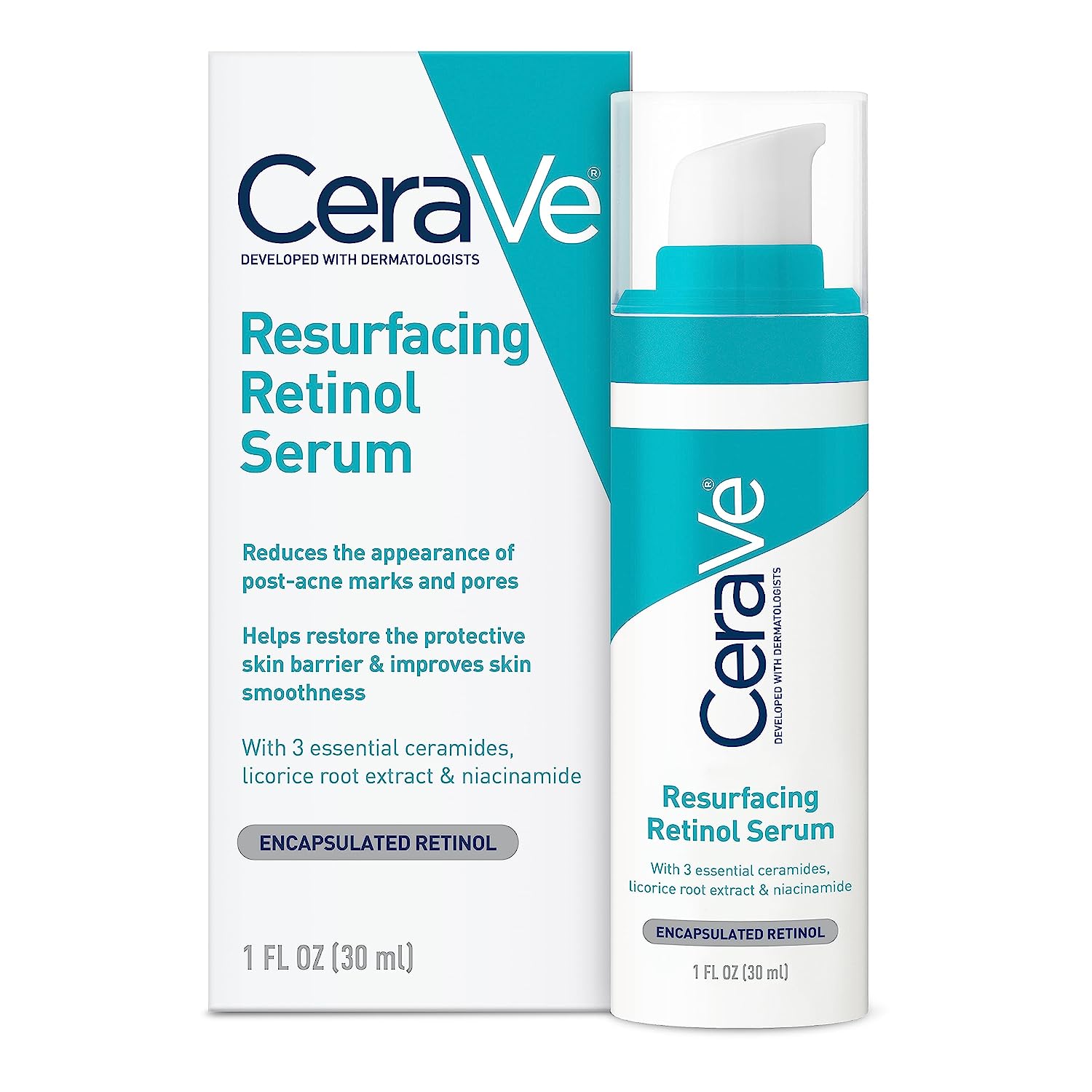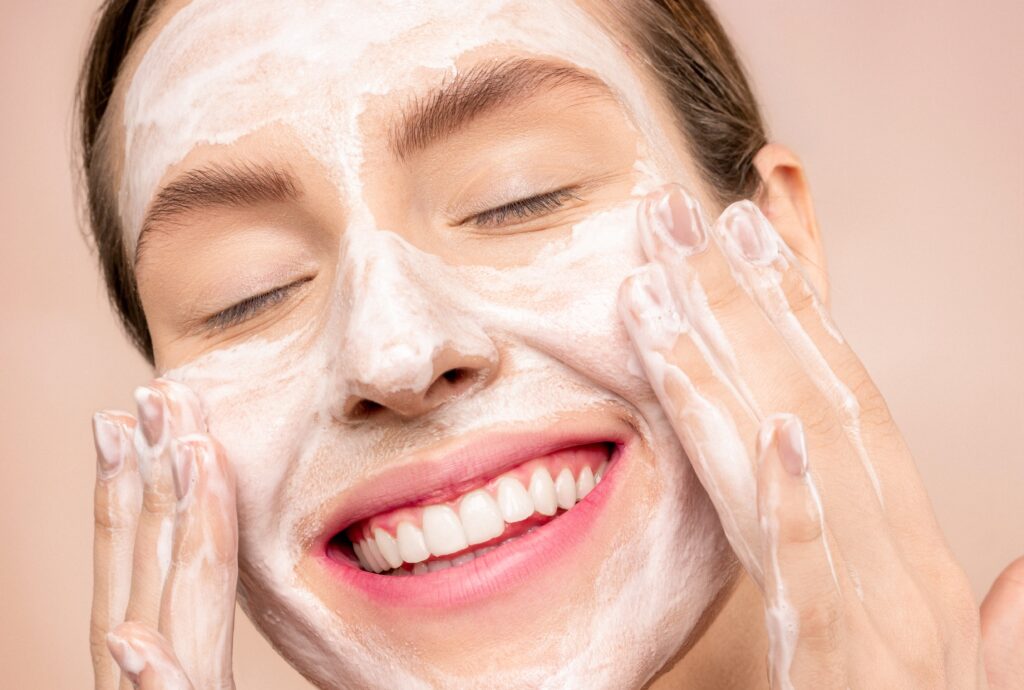Health & Beauty
The Ideal Daily Skincare Routine
Finding the ideal routine for your skin type is crucial if you want a healthy, glowing appearance. Nowadays that can be easier said than done because there are so many different skincare products on the market and so many different tips and methods shared by influencers on social media.
Though there isn’t a single perfect approach to taking care of your skin, we consulted with leading researchers to give you advice on where to begin and what to consider as you create your ideal skincare routine.
How do I start a daily skincare routine?
No matter what your skin type, you should begin with these three easy steps, advises dermatologist Ashley Magovern, M.D., owner and founder of Manhattan Dermatology in Manhattan Beach, California:
- Cleanse
- Treat
- Moisturize
You undoubtedly already know that cleansing involves washing your face and moisturizing involves hydrating your skin, but what does “treating” mean? Targeting problem areas is the aim of every excellent skincare regimen, in addition to maintaining a flawless face. Therefore, depending on your skin type and the outcomes you want to see, treating entails combining serums packed full of healthy skincare elements like vitamin C, retinol, alpha hydroxy acids, and others.
“Adding a middle step in between the cleansing and moisturizing components is really important” – according to Dr. Magovern. It can have a significant impact on your skin’s health, look, and aging over time.
Morning Skincare Routine Steps
1. Cleanser
The first step in any skincare routine should be cleansing the face since it removes pollutants and extra oil that may clog pores and leave skin looking dull. But be delicate. Many individuals either cleanse too frequently or use too harsh of a cleanser, which actually weakens the barrier that protects your skin. Try washing your face solely at night and rinsing it off with water in the morning if you have dry or sensitive skin.
Your skin will be gently cleansed by the best solutions without losing any healthy oils. “A [good] sulfate- and soap-free cleanser for the face will be pH-balanced and gentle to maintain the skin’s barrier without stripping,” explains Whitney Bowe, M.D., a dermatologist in New York City and the author of The Beauty of Dirty Skin. Here’s how to choose the best face cleanser for your skin type while shopping for daily cleansing:




FOR OILY SKIN
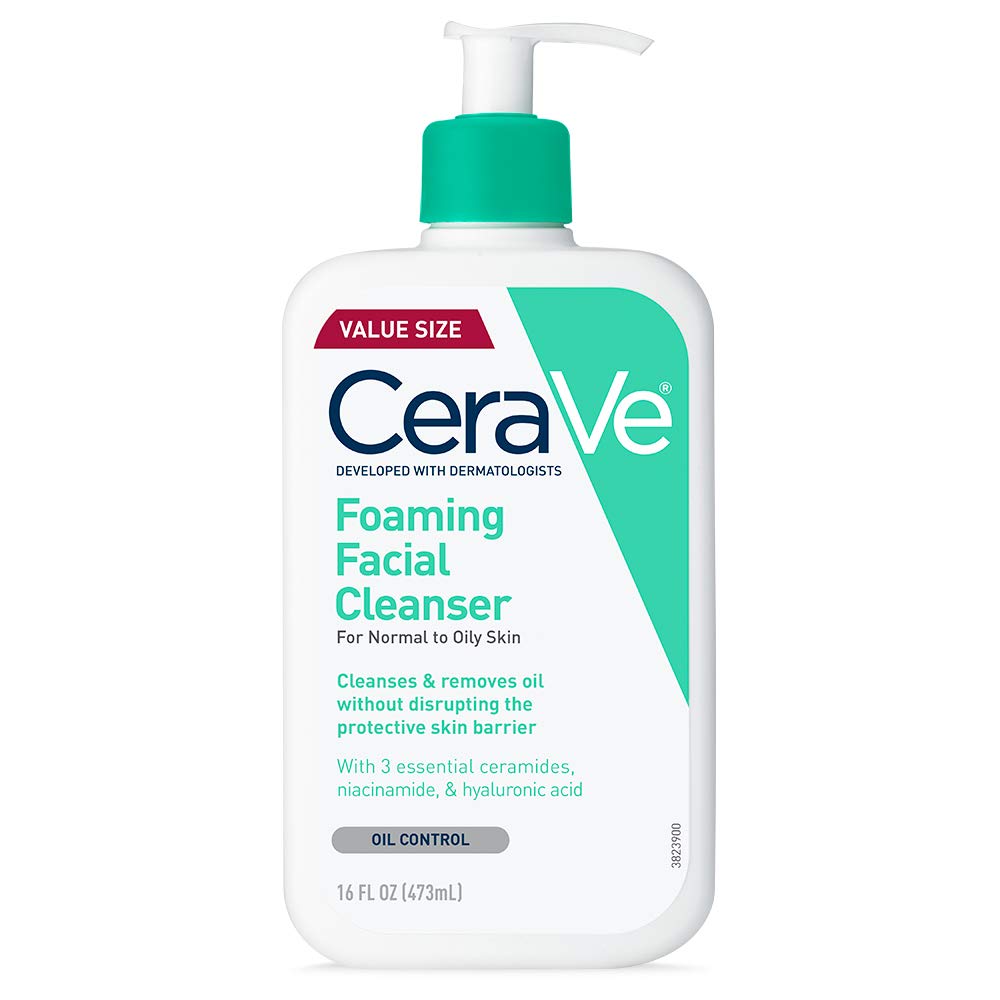
FOR ACNE-PRONE SKIN
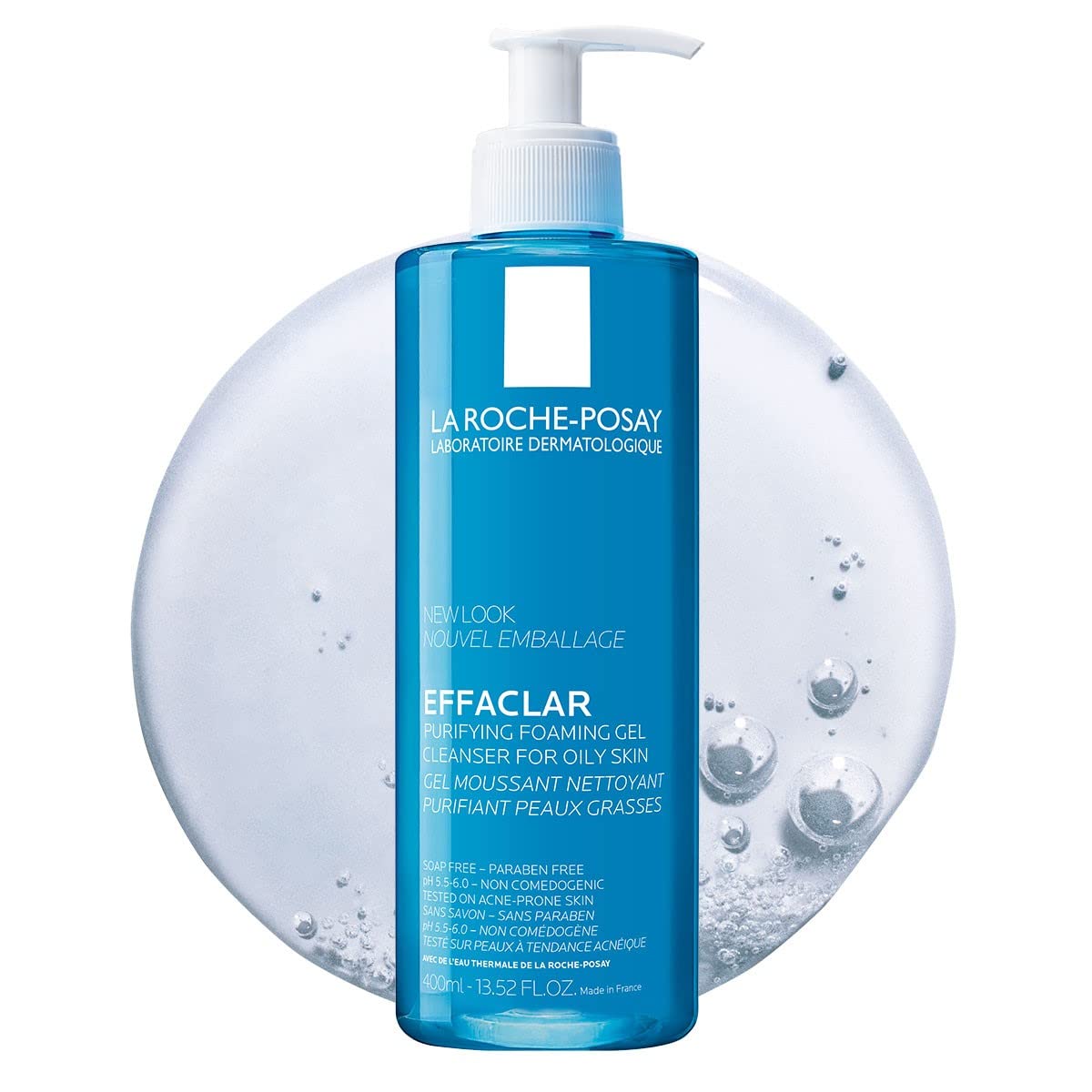
La Roche-Posay Effaclar Purifying Foaming Gel Cleanser
$23 at AMAZONFOR DRY SKIN
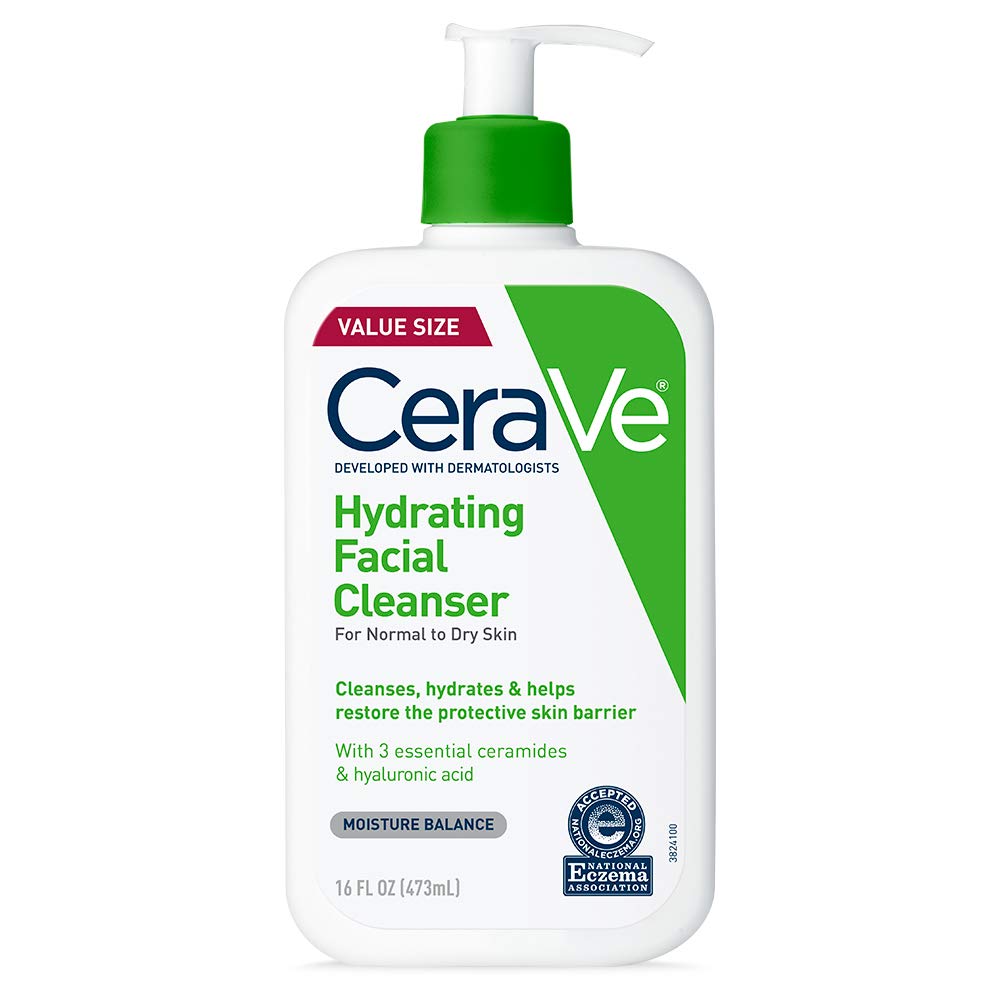
FOR SENSITIVE SKIN
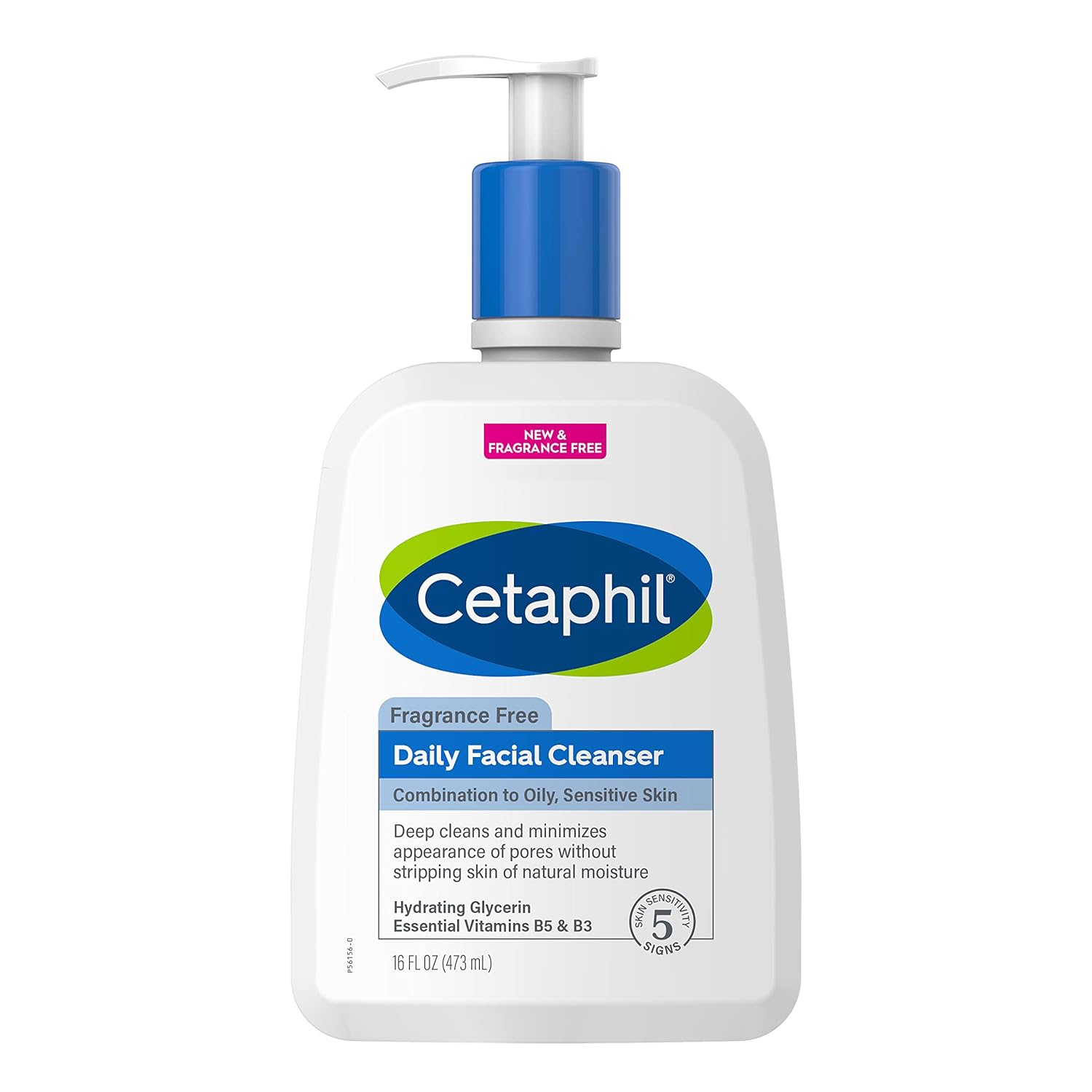
2. Toner
Toners are skin care liquids that are applied to dry skin after cleansing with fingers, a cotton pad, or cloth and before applying other skin care products such as serums and moisturizers. A good toner can help ensure your skin is completely clean and free of dirt, while also providing an extra dose of active ingredients to the skin.
Toner is not a mandatory step, says Dr. Magovern, but applying toner can be a great way to refresh skin, remove any remaining impurities, and balance pH levels. If you’re looking for the added benefits of purifying and brightening your skin, today’s toners are much more advanced than the drying alcohol and astringent formulas of the past, containing many increased benefits. Strengthening your skin can help you have shiny skin. Here are the ingredients you should look for, depending on your skin type:




FOR OILY SKIN
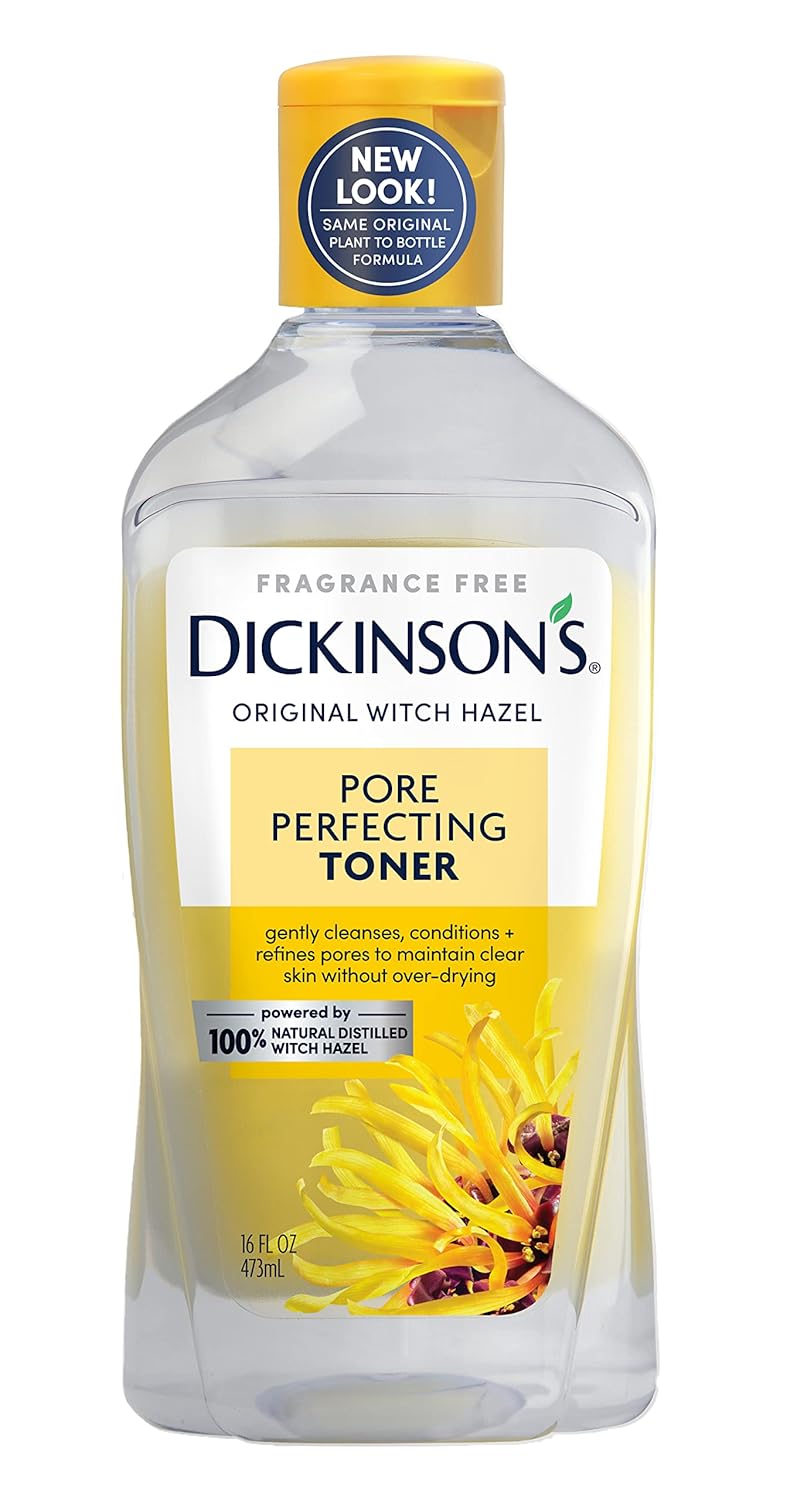
FOR DRY/ SENSITIVE SKIN
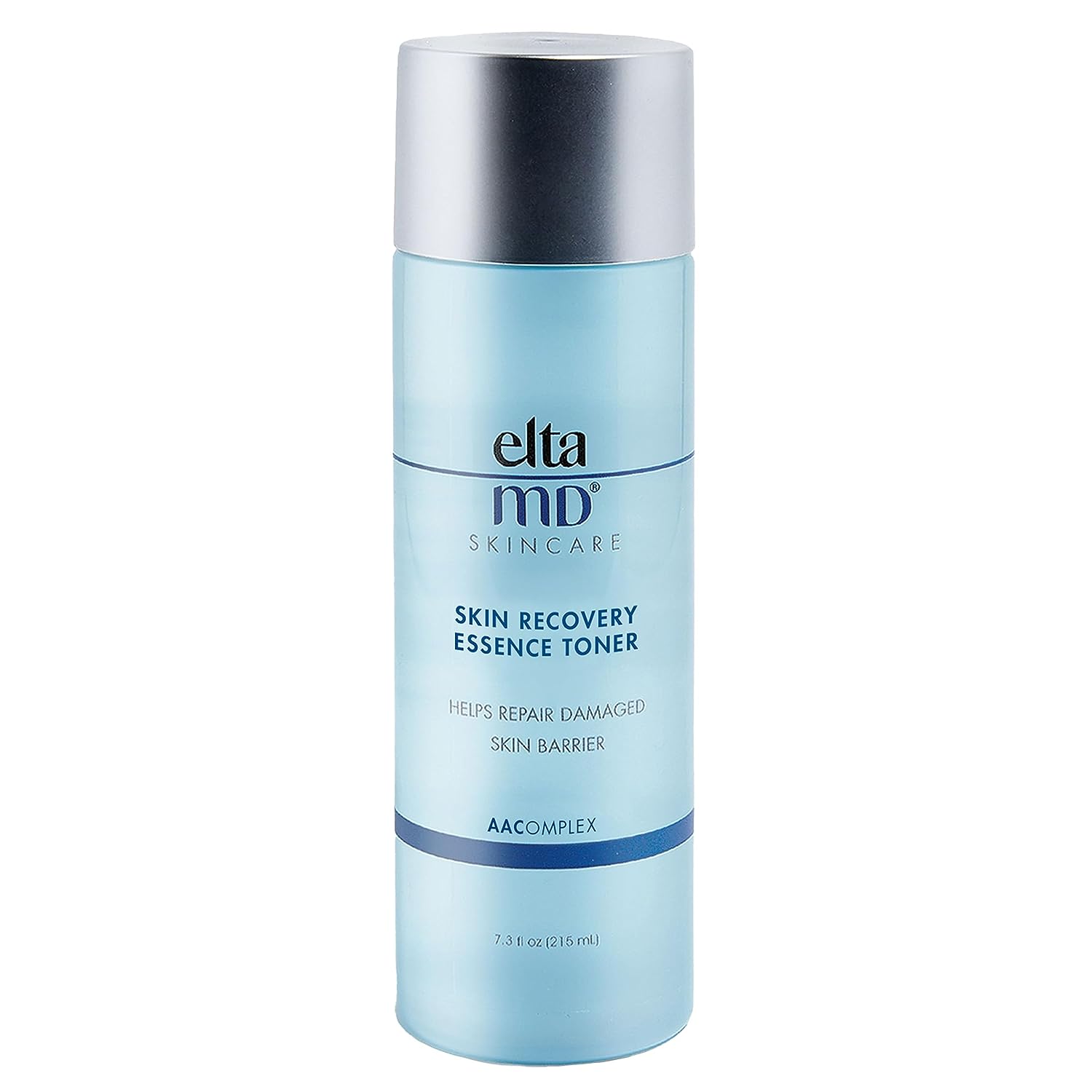
EltaMD Skin Recovery Essence Hydrating Toner
$37 at AMAZONFOR COMBINATION SKIN
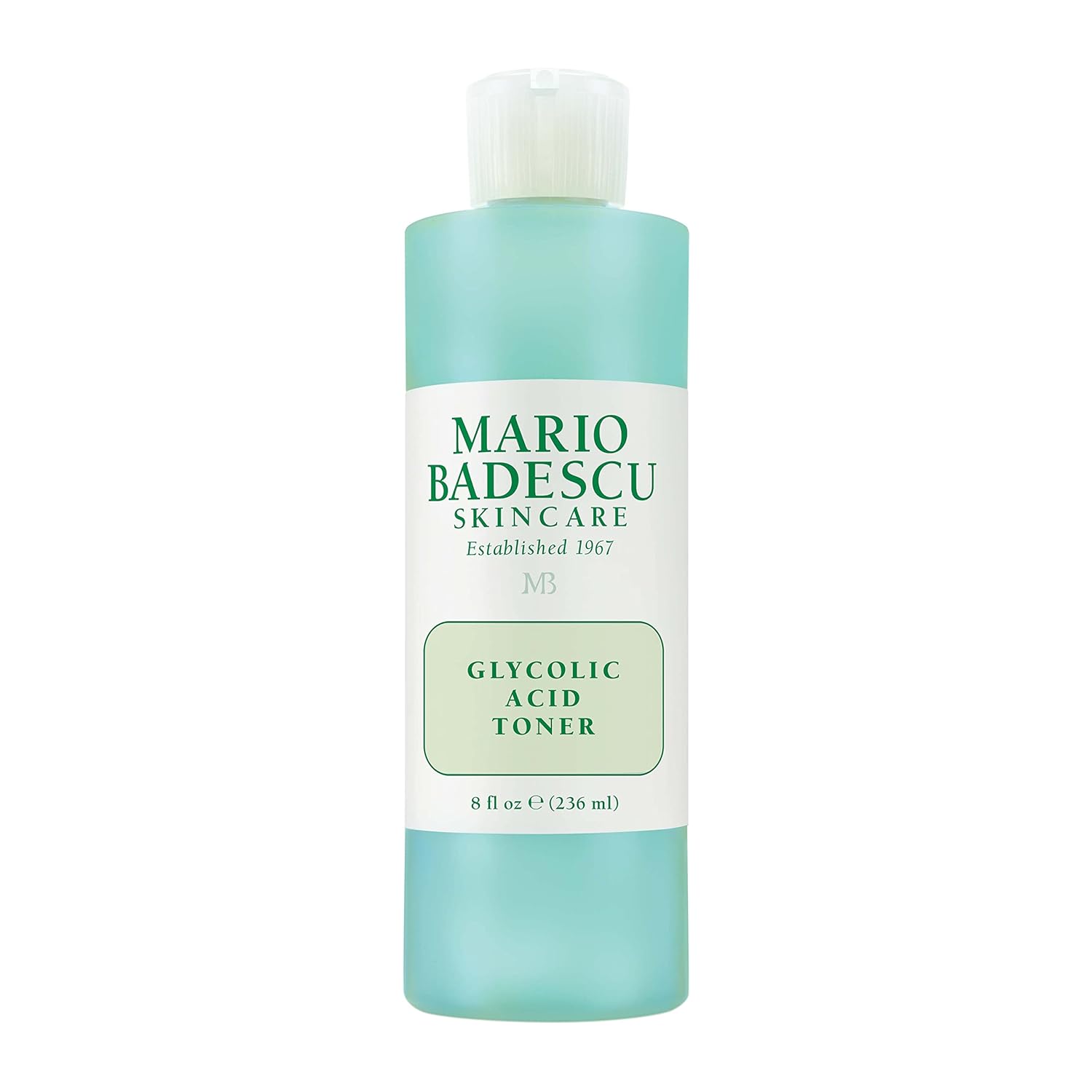
FOR ACNE-PRONE SKIN
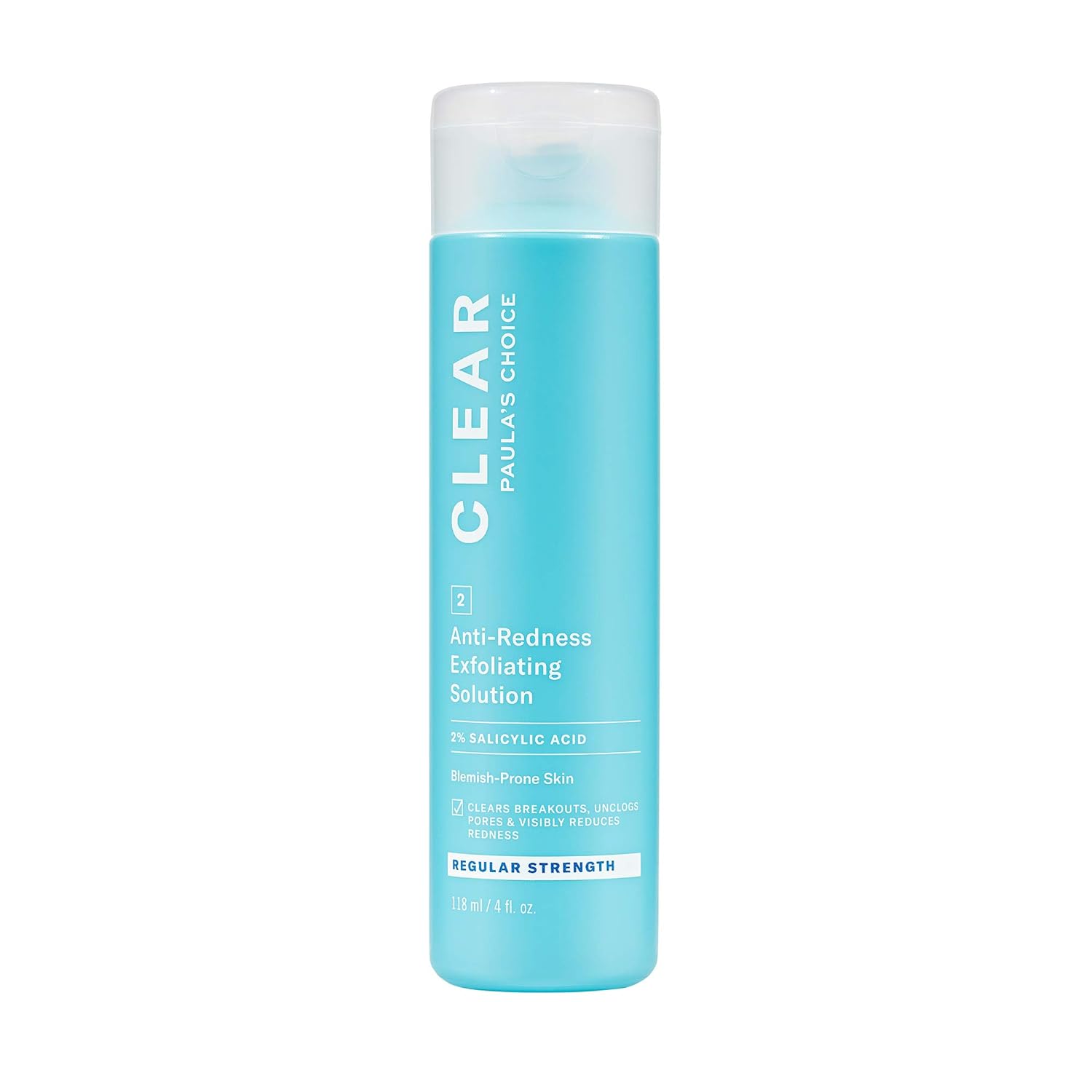
Paula’s Choice CLEAR Regular Strength Exfoliator
3. Serum
A serum tailored to your skin concerns can both treat and protect, delivering a powerful dose of ingredients that can address a number of skin concerns, from wrinkles to dark spots. If you have many problems, you can use many different serum formulas. Just remember to read labels carefully, as some serums are best used in the morning, while others are more ideal in the evening.
A serum that everyone can benefit from in the morning? An antioxidant serum, it will prevent the formation of free radicals and reduce the signs of aging over time. Vitamin C is considered a standard antioxidant. “Everyone should take vitamin C supplements, regardless of age,” says Dr. Magovern. “This helps repair a lot of skin damage caused by the sun and pollution.”
For darker skin, hyperpigmentation can be a common problem, and using a vitamin C serum in the morning can also help fade dark spots, says Jennifer David, D.O., a dermatologist in Philadelphia. and founder of Skin & Scripts Virtual Dermatology said.
In addition to antioxidant serums, you can try anti-aging serums with the following ingredients to treat wrinkles, etc.




Hydrating
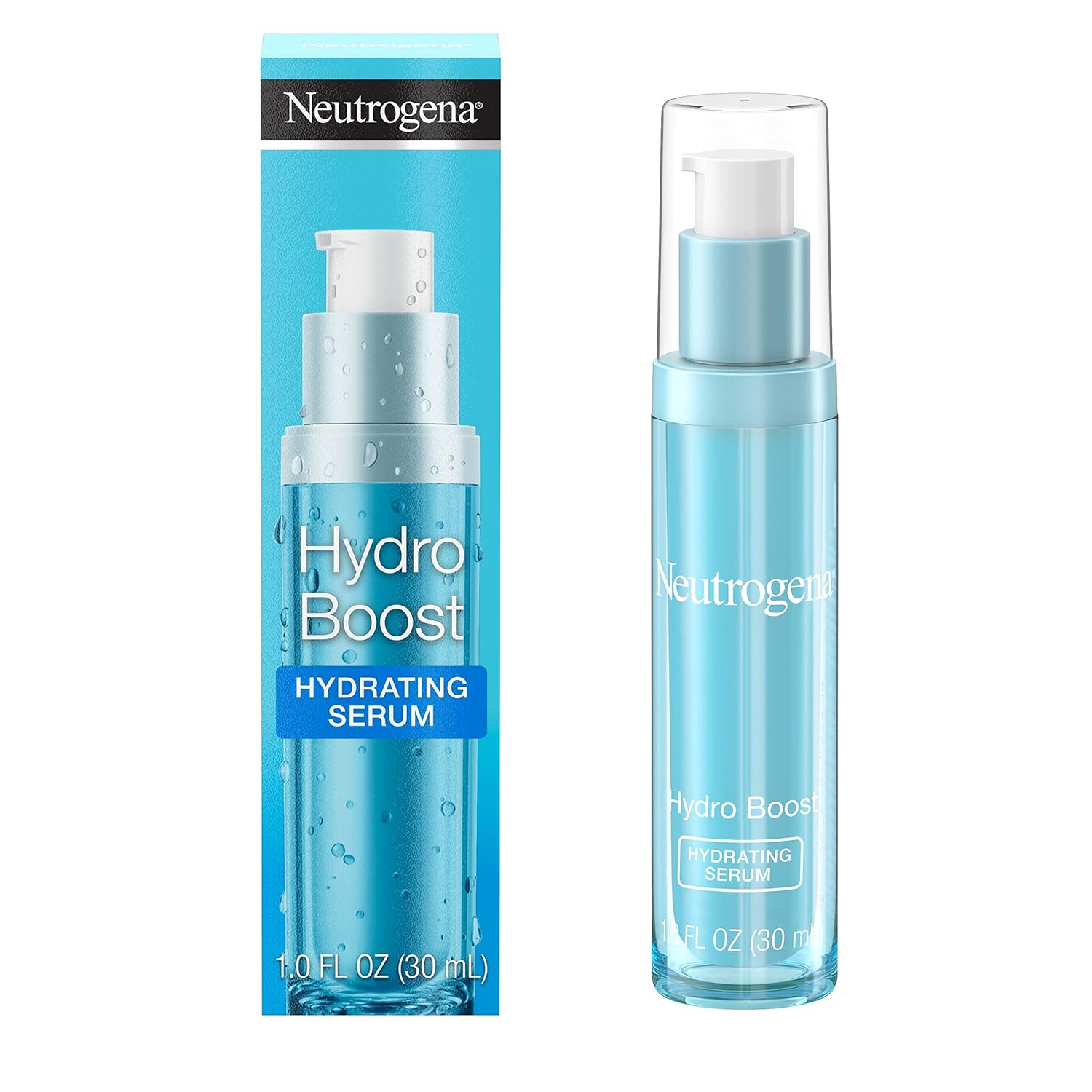
Brightening
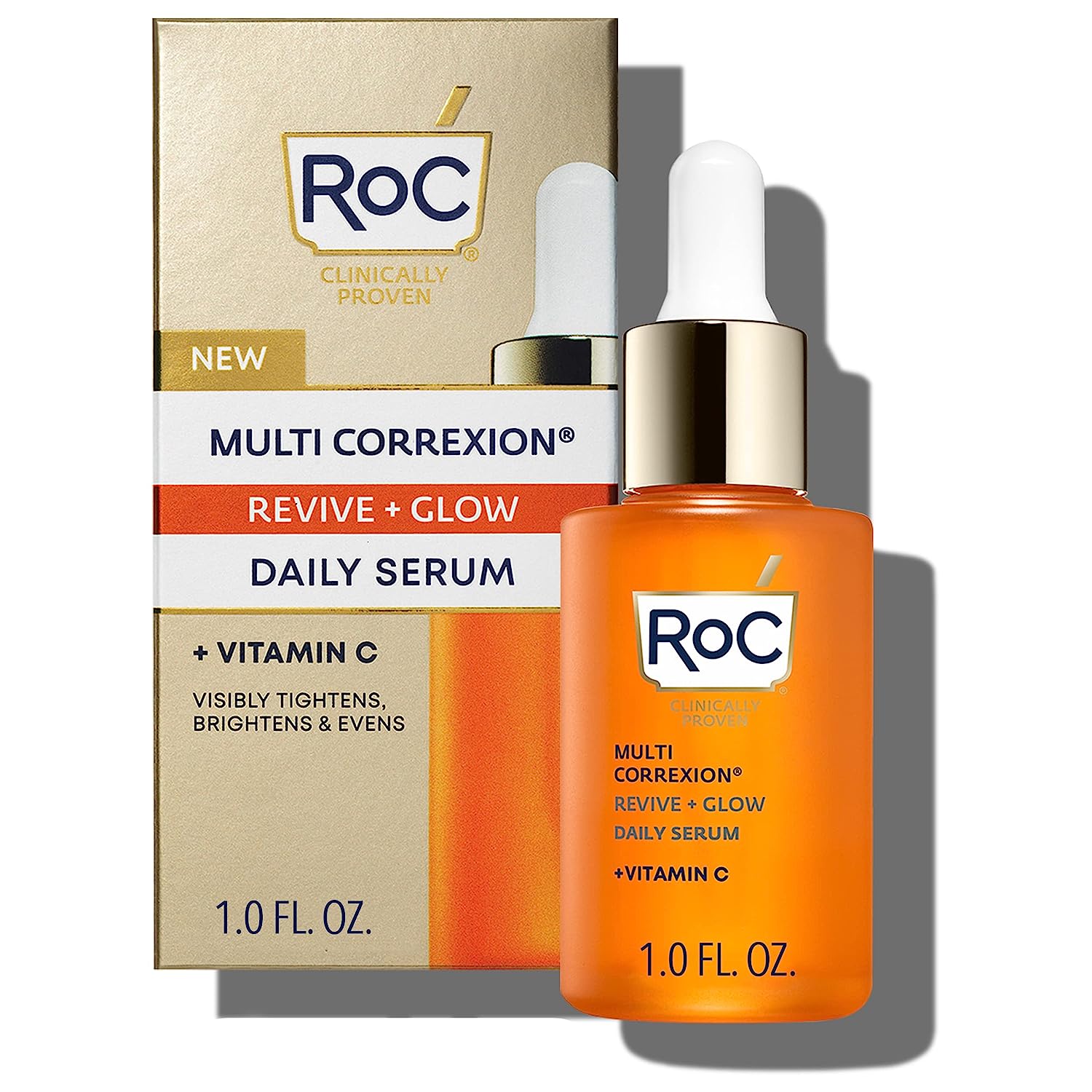
For Dark Spots
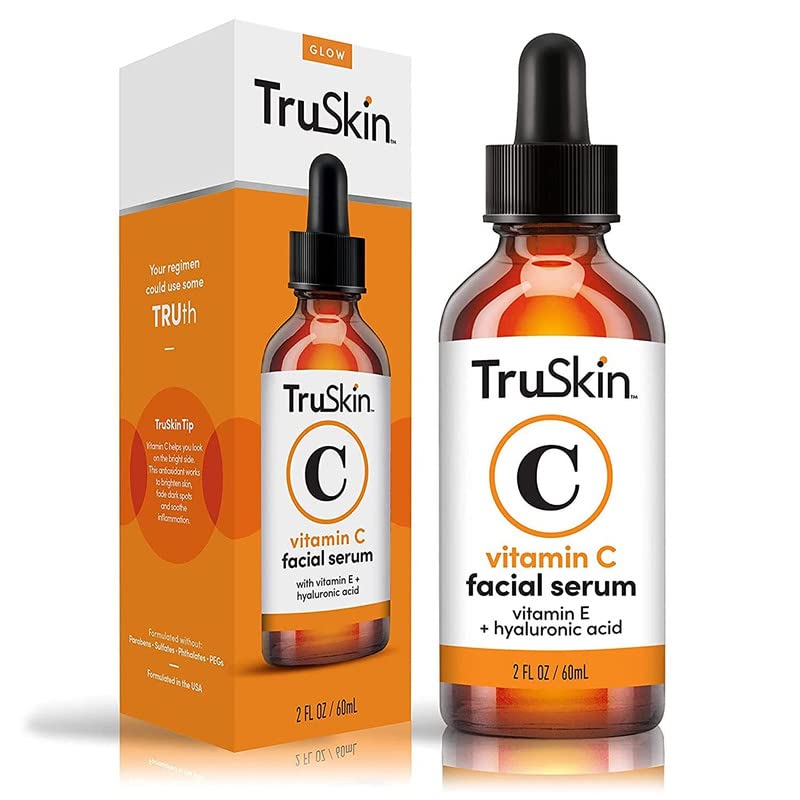
Post-Acne
